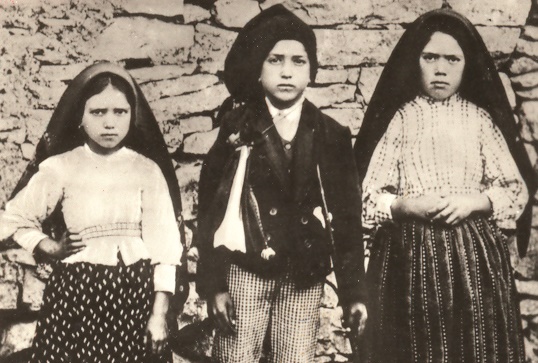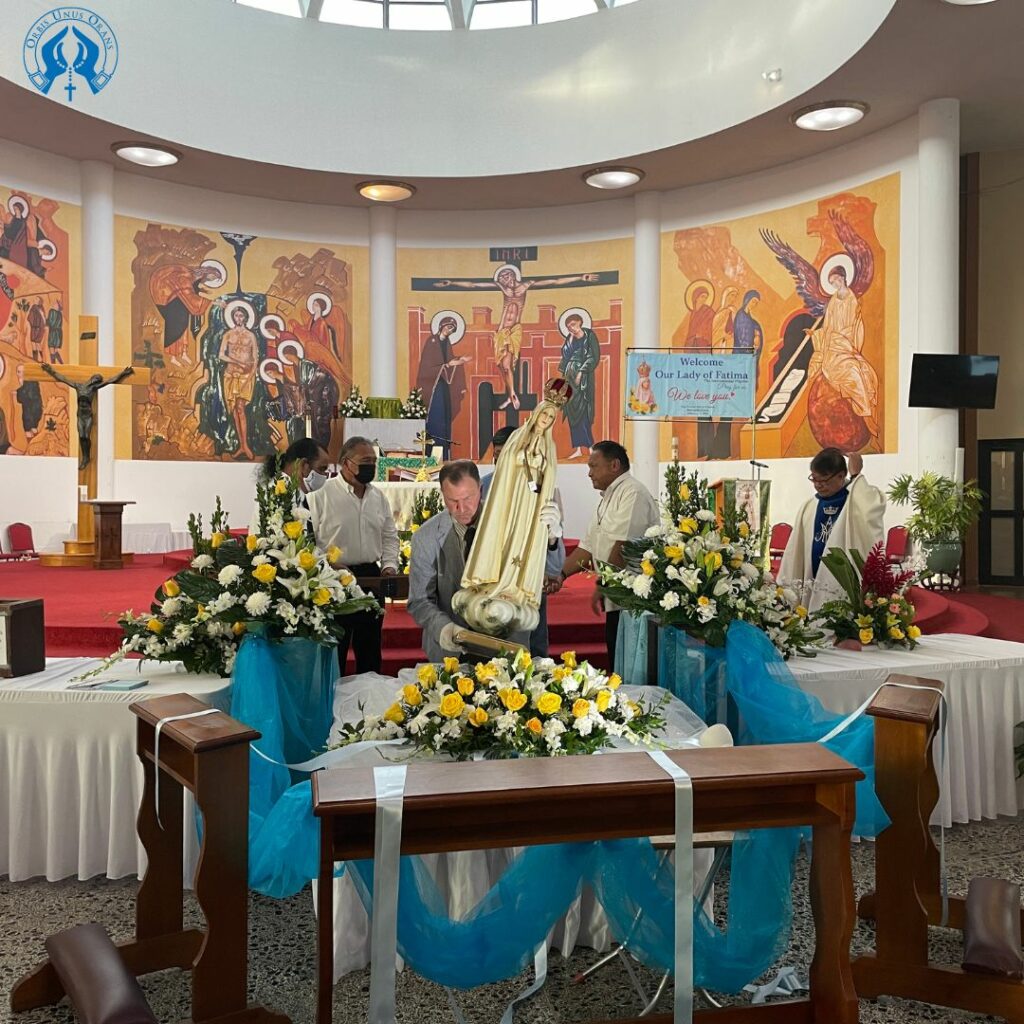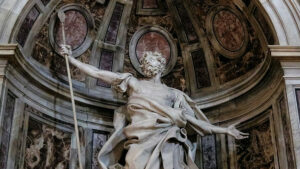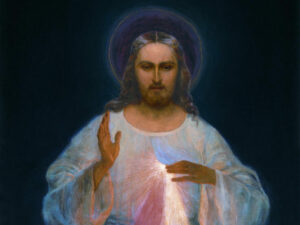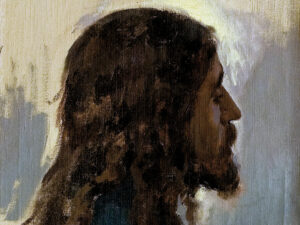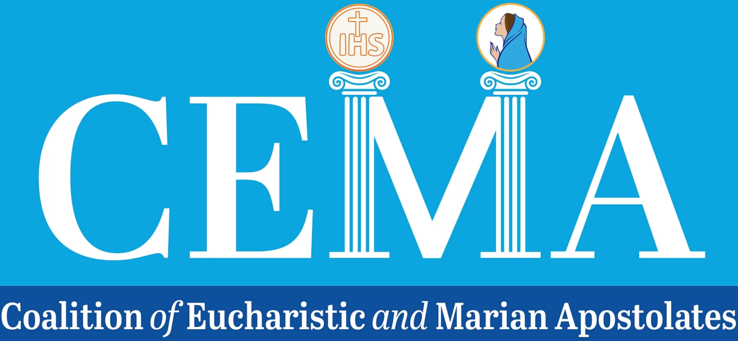By Most Rev. Joseph N. Perry –

One aspect of Our Lady’s life that is appreciated anew these days is her suffering. We find in the Mother of God one who walks with us as a mother whose Son is unjustly treated and murdered; and having already lost her husband, is, thereby, a widow.
We recall one of the remarks made by Lucia, during the time of the apparitions, that the Blessed Mother appeared sad when she spoke to the children. With so many interlocutors and curious others asking about every detail of the apparitions, this curious remark by Lucia seemingly went lost.
In reference to the apparition of 13 October 1917: “Looking very sad, Our Lady said, ‘Do not offend the Lord our God anymore, because He is already so much offended.’”
At the risk of viewing Mary larger than real life such that she cannot offer inspiration for our lives, the Gospels give us ample record of the suffering Mary endured in her life.
For starters, the circumstances of Jesus’ birth were harsh even by standards of that day (cf Lk 2:1-7). Afterwards, Mary and Joseph and the infant Jesus fled to Egypt to escape murderous intentions by the local regent, King Herod. They were genuine refugees in a foreign land for some years (cf Mt 2:1-23).
Thereafter, the loss of the youthful Jesus in the Temple is seen as a new challenge to understanding His destiny, although it caused Mary’s heart to ache with pain over losing her child for some stretch of days (cf Lk 2:41-52).
Then, of course, ultimately his brutal scourging, taunting and execution as a criminal was her greatest trial of heart and soul (cf Jn 19:25-27). Is there anything here from our Lady’s life experience we can identify with, the woman of suffering she is?
The painful sword
Mary experienced many times the painful sword that Simeon had described when she and Joseph, observing the laws of Jewish religion, faithfully presented their Child in the temple for the required ritual. As Simeon said, “This child is destined for the fall and the rise of many in Israel and for a sign that is spoken against. And a sword will pierce through your heart also…” (Lk 2:34)
If we could see what Mary was thinking when she was beset by these weighty trials of life, we would undoubtedly be moved by her utter willingness in struggling through those tribulations, due in large measure to her prayerful surrender to God in all things.
An authentic woman of flesh and blood, Mary has something significant to teach women about suffering. Mary was perfectly united to Jesus Christ in His intense, redemptive suffering by reason of her profound, abiding and enlightened faith manifested already as a young woman. Her Son’s self-emptying became the pattern for her own pouring out of her very self.
Mary yielded to Divine Providence in imitation of her Son, thereby sharing in both His burden and eventual victory. With her Assumption into heaven, the Church celebrates that, relieved of the suffering associated with this life, she is in heaven with her Son, body and soul – her victory, her prize for having said “yes” to God in all things.
Are we able to say “yes” to God in times of sorrow and in times of joy? Are we able to sense God walking with us through life’s ups and downs?
Mary’s sadness, as the child Lucia noticed it, arises from her concerns about the moral condition of the world and the world’s response to her Son’s redemptive act at Calvary. In so many words, with her visits at Fatima, Our Lady beckons us for a deepened appreciation of her Son’s sacrifice on our behalf.
The Lord’s suffering in this life as the God-man and Mary’s suffering along with her Son within the many events that enveloped their lives here on earth are not confined between the two of them in the divine imagination of things. The mystery of redemptive suffering is shared with us faithful disciples as well. If the approved appearances on earth to various individuals by Mary mean anything, they portray a genuine concern of the Lord and His mother for what we must put up with in life while seeking the kingdom.
We are confronted with the mystery behind suffering and its various manifestations in our lives. With all this, we express our faith that although God hasn’t rendered the world pain-free, He has provided meaning to our sorrows by coming to share them with us. We can see the various setbacks and tragedies of life through the prism of the Lord’s own passion and death. It is very Christian to do so. And, we give thanks that God has put even death to rout by rising from the grave – something we believe by creed God will do for us as well.
As is often said, like old furniture in the house that has its nicks and scars from usage, we too bear nicks and scars throughout life. The events that have wounded us and have shaped who we are, no less than our joys, have value. Sometimes, the best parts of us are formed out of scar tissue, even though we may not realize it at the moment. Our own sorrows can be prayerfully conjoined to the sorrows of Jesus that we might understand meaning behind our own pain and know better the love of God that moved Him to undergo such great suffering so that we could get through this life and reach His kingdom.
The great act of faith we all come by, hopefully, is our acknowledgement that by someone else’s pain we were saved. Some One else stood in our place and made it possible for us to stand worthy before God, namely, the Savior Jesus Christ.
Bishop Joseph Perry is auxiliary bishop of the Archdiocese of Chicago and the ecclesial advisor to the World Apostolate of Fatima, USA.


